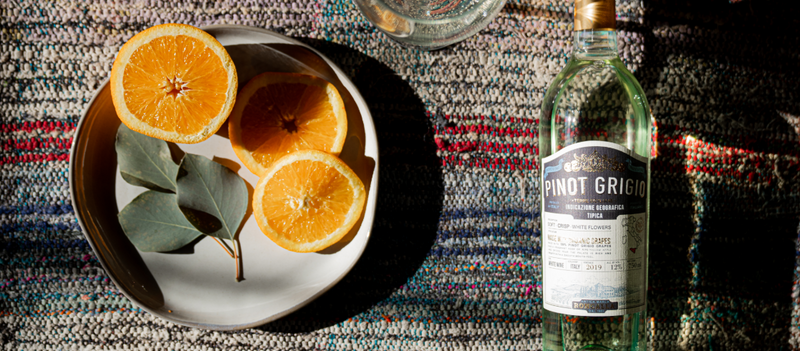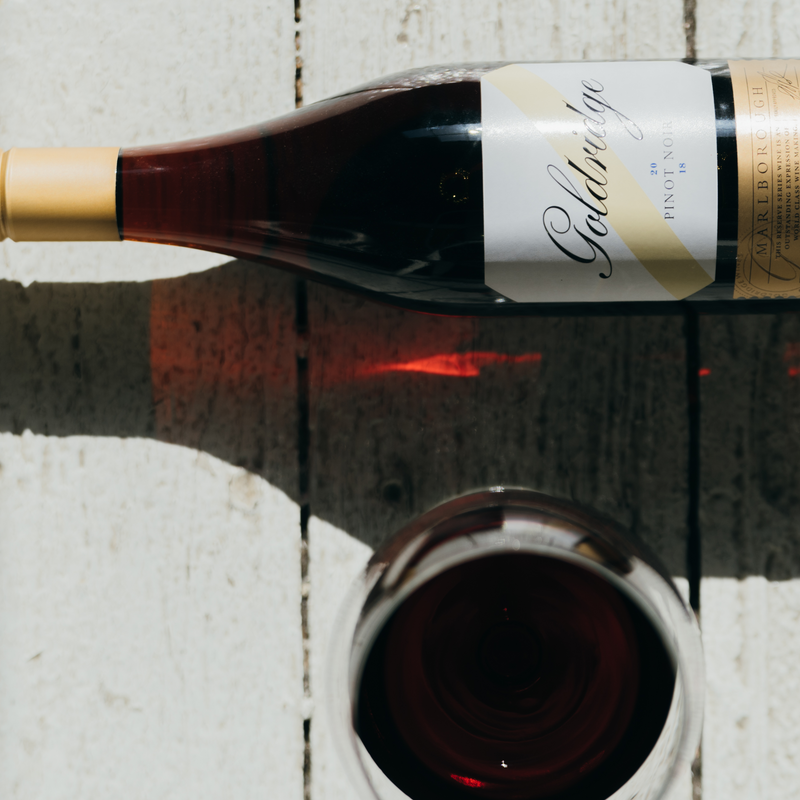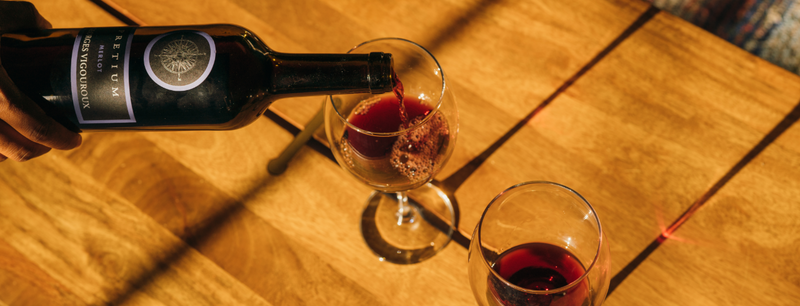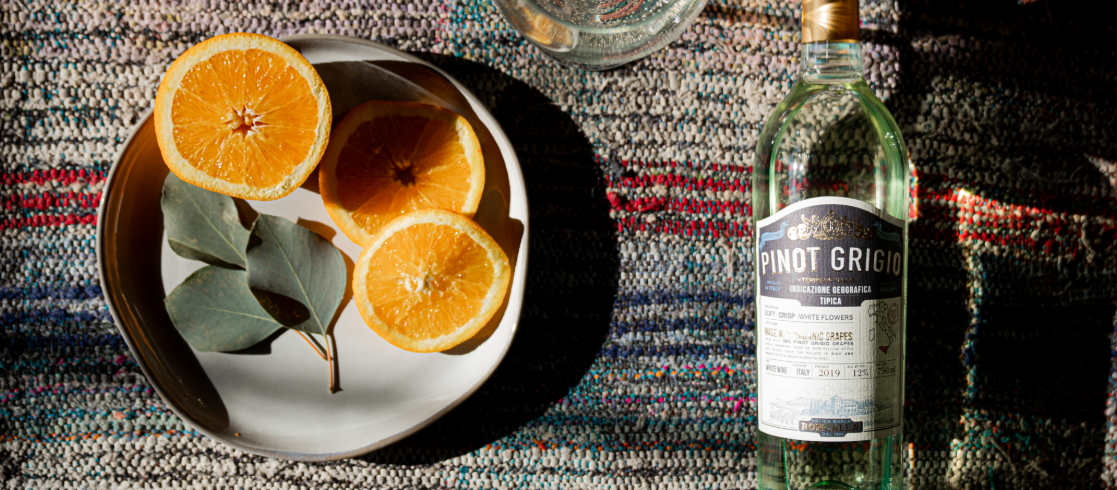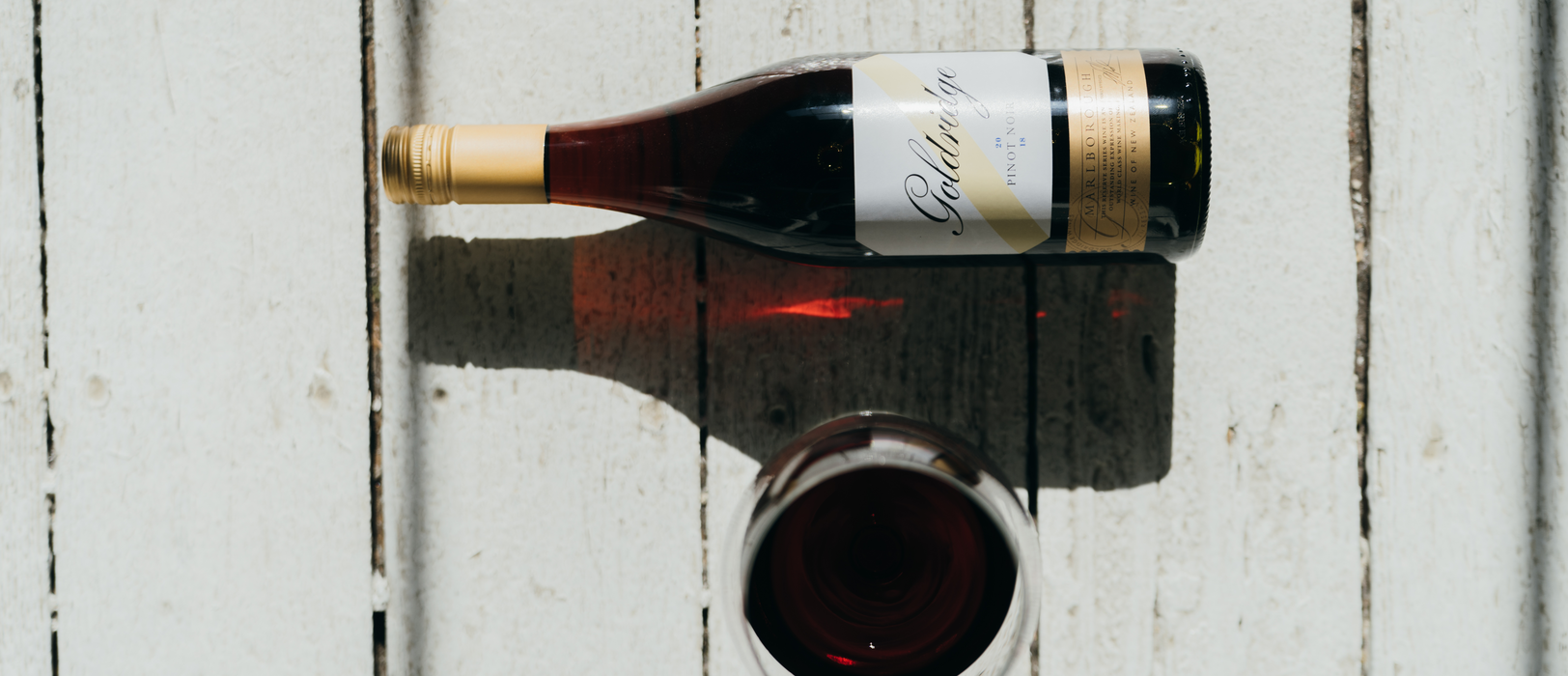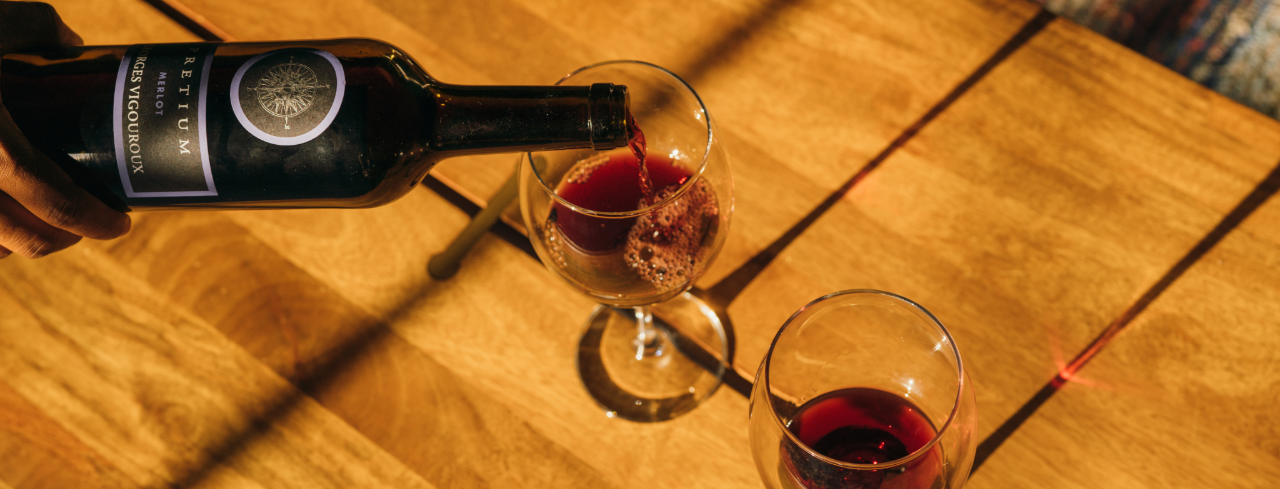
Decanter Guide
Whether you have a wine decanter at home or have never heard of one, it’s important to understand the importance of decanting when it comes to bringing out the best flavors in red wine. This guide will explain how oxygen affects wine, how decanting can improve flavors, and also which types of decanters are best for certain wines.
How Oxygen Affects Wine
Much how oxygen is essential for life, it is also essential for wine. During the winemaking process, oxygen is an ever-present force that winemakers try to control during harvest, fermentation, and aging. The amount of oxidation that occurs during this entire process will modify the wine's flavors—everything from controlling vegetal aromas to adding nutty characteristics.
But even after a wine has been bottled and sold, oxidation must still be taken into account as soon as the bottle is opened. Over-oxidation (for example, a wine that's been sitting out for a week) can make the wine's flavors taste flat and stale. In contrast, however, the right amount of oxidation can trigger a chemical reaction that makes the wine taste even better.
The Role of Decanters
To decant simply means to pour wine from one vessel to another, but in this case, a decanter serves as an agent of oxidation. For some bold, tannic, or older wines, increasing the oxygen exposure can greatly improve the taste, as oxidation helps soften the astringency (bitterness) from the tannins and brings out more underlying fruity and floral notes.
When opening a bottle of wine, only the top of the wine is exposed to the air, and swirling the bottle around will only help a small amount with oxidation. But, since decanters have a wider internal surface area than wine bottles, the rate of oxygen exposure is greatly increased.
Beyond the purpose of oxidation, decanting also allows the separation of any sediment in the wine. Ideally, when you pour the bottle into the decanter, you'll be able to see where the sediment begins and can stop pouring, thus leaving all the sediment in the bottle to be discarded.
What Wine Needs to be Decanted?
The best wines to decant are full-bodied, bold, and tannic. These wines will benefit most from decanting as oxidation brings out secondary flavors. However, other red wines can also be decanted to bring out additional flavors. Full-bodied wines can be decanted for about 1-2 hours, while older wines will probably need closer to 2 hours. For lighter reds, 15-20 minutes should do the trick. It is important to note that even if the necessary time to decant is unavailable, even a few minutes in a decanter does wonders compared to no decanting at all.
As for white wine, whites can benefit a little from a brief swirl in the decanter, but the effect is not as pronounced as with reds due to the lack of tannins and boldness in white wines. Around 20 minutes in a decanter can also help adjust the temperature of white wines from the coldness of the refrigerator, as well as bringing out additional aromatic characteristics.
How to Decant a Wine
Decanting is a very simple process — just pour the wine from the bottle into the decanter! Be sure to pour the wine along the sides of the decanter, as this increases oxygen exposure to more of the wine and can help speed up the process. A few swirls of the decanter will also achieve a similar purpose. Then you’re in for a long wait… but the payoff is worth it!
Types of Decanters
Decanters come in a variety of shapes and sizes, with some working better than others for certain types of wine. Here are just a few of the main categories:
- Wide-base decanters are best for full-bodied red wines such as Cabernet Sauvignon, Petite Sirah, and Tempranillo. Very old and very bold wines need the additional oxidation that a wide base provides.
- Medium-base decanters work well with medium-bodied wines such as Merlot, Sangiovese, and Barbera.
- Small-base decanters are best with light-bodied reds such as Pinot Noir. Since these reds are often best served slightly chilled, you can chill the decanter before pouring to make these subtle temperature adjustments. If you’re decanting any type of white wine, small and chilled decanters also work best.
Decanters in a Nutshell
Due to the delicate role of oxygen in winemaking, oxidation must be carefully controlled even just before drinking. Decanters are very useful tools for increasing the oxidation of bold, red wines, especially those that have been aged for long periods or are full of tannins. If you don’t have a decanter, any wide, glass vessel such as a pitcher will get the job done—but if you want that extra pizazz when you serve red wine to guests, a good decanter will improve your wine drinking experience to a new and elegant level.
